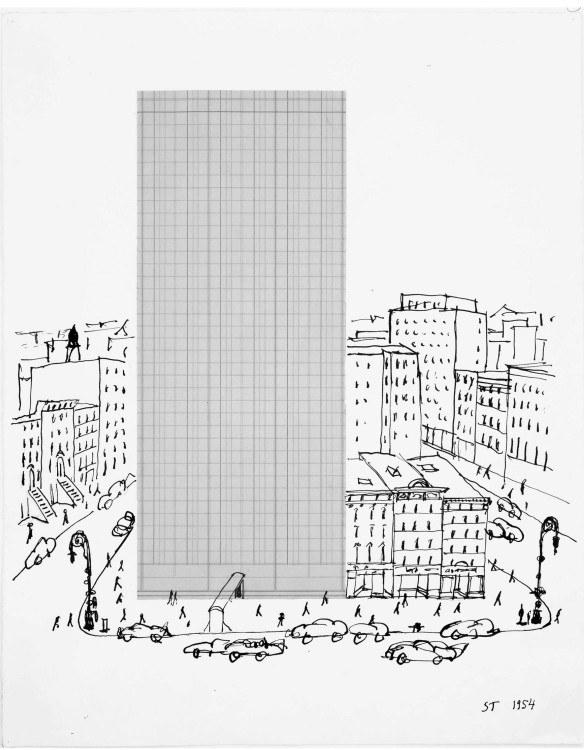Bases of Design. Afternoon
Professors
Olga Felip Ordis [R] Raul Pere Avilla Royo
Jordi Mansilla Ortoneda Carme Ribas Seix Jofre Roca Calaf Anton Maria Salvadó
Cassrooms
A-11, A-12, A-13
A-14, A-21, A-22
Timetable
Tuesdays 15:00-17:00 Thursdays 17:00-20:00
Introduction
The subject of Architectural Design vertebrates the studies of architecture and therefor it is the one that incides mostly on the specific training of the architect. In it lay and are learned the criteria or principles of the design of architecture that legitimate the architectural work, and also the instruments, tools or resources for the design activity in the professional practice.
The subject establish the start and the aproximation to the practice of the architectural design, after a reflexion ,that allows to analyze and understand how architectecture is generated,through the different activities in the studio class, the theory class, the exercices, the visits, the trips... where architectural elements a (those that define the form of the inhabit architectural space and the respective spatial relations) are introduced and indentified.
The first semester (establishing the human figure as unity of meassurement) each one of the architectural elements (horizontal plane or limit, enclousures, deck, structure, connectors) are presented isolated and descontextualized. They appear in the exercices linked to an "action" o desing verb, such as to look, to meassure, to limit, to protect, to cover... and inherently the criteria or architectural principles come up, like rhythm, structure. scale, proportion, unity, contrats, hierarchy , tension...
In the second semester the elements form the contextualized habitational unity in "architectural landscapes" where the inplantation in the urban or rural context allows the analysis of the enviroment and the disposition in order of the agregation/repetition of the unities or habitable spaces through archetypes and elements of interior-exterior relation or transition.
The student has to be able to asume all the objectives in each execice file, as well as to give response to the related questions, thanks tothe activities and the reference material that is especified in each exercice.

Share: